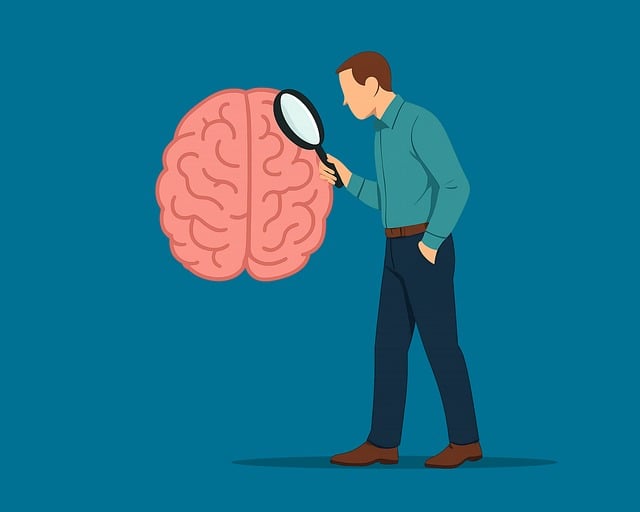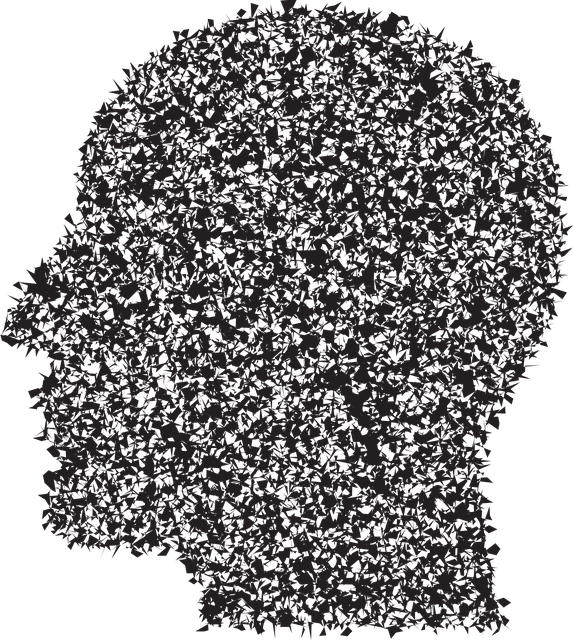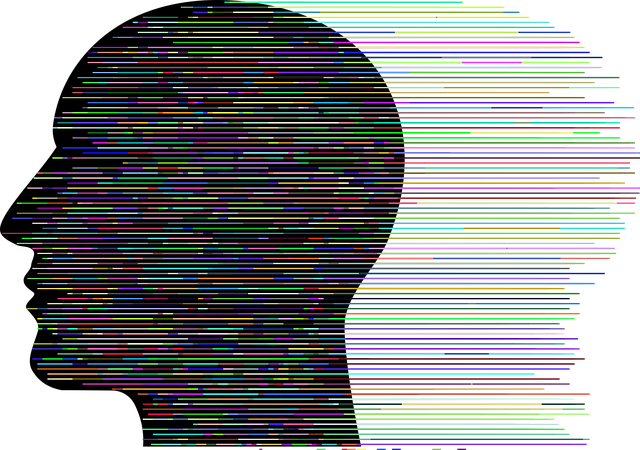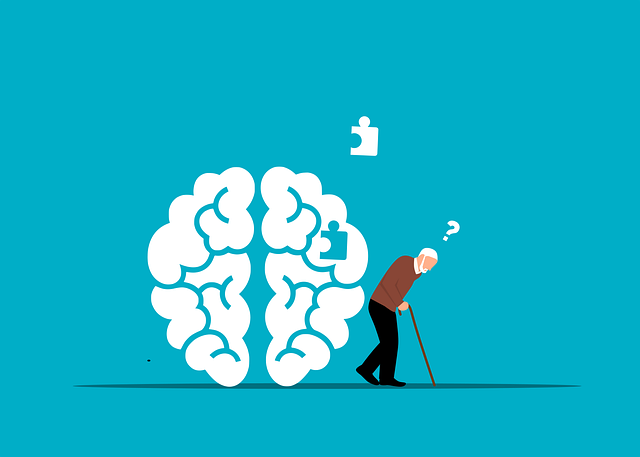Anxiety, with its complex triggers, calls for personalized approaches to treatment, which Centennial Eating Disorders Therapy provides. They offer evidence-based methods like Cognitive Behavioral Therapy (CBT) to identify and change negative thought patterns. Through holistic practices, including mindfulness, exercise, and quality sleep, individuals gain tools for long-term mental wellness, reducing anxiety's impact on daily life. Centennial Eating Disorders Therapy addresses diverse triggers, from social phobias to cultural factors, ensuring tailored support for all.
Anxiety is a common challenge, but effective management techniques can empower individuals to regain control. This article guides you through a comprehensive approach to overcoming anxiety, featuring insights from Centennial Eating Disorders Therapy. We explore understanding and recognizing anxiety patterns and triggers, delving into the transformative power of Cognitive Behavioral Therapy (CBT). Additionally, discover lifestyle changes and coping strategies for holistic anxiety management, offering practical tools for a calmer, more balanced life.
- Understanding Anxiety: Recognizing Patterns and Triggers
- Cognitive Behavioral Therapy (CBT): A Powerful Tool for Overcoming Anxiety
- Lifestyle Changes and Coping Strategies for Effective Anxiety Management
Understanding Anxiety: Recognizing Patterns and Triggers

Anxiety is a complex emotional response that can stem from various factors, and understanding its root causes is a pivotal step in managing it effectively. At Centennial Eating Disorders Therapy, we recognize that anxiety patterns and triggers can be highly personalized. Individuals may experience heightened anxiety in social settings (Social Skills Training), triggered by past traumatic experiences or specific environmental cues. Some people might find certain situations stressful due to cultural sensitivities in mental healthcare practices, leading to ongoing anxiety.
By identifying these patterns, individuals can start to recognize their personal triggers and develop strategies to navigate them. This may involve learning stress management techniques through workshops or therapy sessions, where one can explore mindfulness exercises, cognitive-behavioral therapies, and other evidence-based methods. Understanding and managing anxiety is a journey that involves recognizing the body’s unique responses and equipping oneself with the right tools for long-term mental wellness.
Cognitive Behavioral Therapy (CBT): A Powerful Tool for Overcoming Anxiety

Cognitive Behavioral Therapy (CBT) is a highly effective approach for managing and overcoming anxiety disorders. This evidence-based therapy focuses on identifying and changing negative thought patterns and behaviors that contribute to anxious feelings. By challenging distorted thinking, CBT empowers individuals to develop healthier coping strategies and improve their overall well-being. The process involves working collaboratively with a therapist who guides you through various techniques, such as relaxation exercises and practical problem-solving skills, tailored to your unique needs.
At Centennial Eating Disorders Therapy, we recognize the power of CBT in treating anxiety. Our therapists are trained in incorporating mindfulness meditation practices, which have been shown to enhance resilience building and promote a sense of calm. Additionally, our cultural sensitivity in mental healthcare practice ensures that we understand and address the specific concerns of diverse individuals, recognizing that anxiety can manifest differently across various cultural backgrounds.
Lifestyle Changes and Coping Strategies for Effective Anxiety Management

Anxiety management isn’t just about medications or therapy; it’s deeply intertwined with lifestyle changes and coping strategies that can significantly enhance mental wellness. Incorporating practices like regular exercise, mindful meditation, and Centennial Eating Disorders Therapy can help regulate stress levels and foster resilience against anxiety. These holistic approaches encourage individuals to cultivate empathy within themselves and others, which is crucial for overcoming the isolation often associated with mental illness stigma reduction efforts.
Additionally, prioritizing quality sleep, engaging in enjoyable hobbies, and connecting with supportive communities are powerful tools in the anxiety management arsenal. By integrating these lifestyle changes into daily routines, individuals can build coping mechanisms that promote emotional balance and overall well-being, ultimately leading to a more fulfilling and less anxious life.
Anxiety management is a journey, and with the right tools and mindset, it’s a journey that can lead to greater well-being. By understanding anxiety, recognizing patterns, and adopting evidence-based techniques like Cognitive Behavioral Therapy (CBT), individuals can effectively manage their symptoms. Lifestyle changes, such as Centennial Eating Disorders Therapy, offer additional support, promoting holistic mental health. Remember, overcoming anxiety is achievable with dedication and the right strategies, allowing you to live a life free from its hold.














